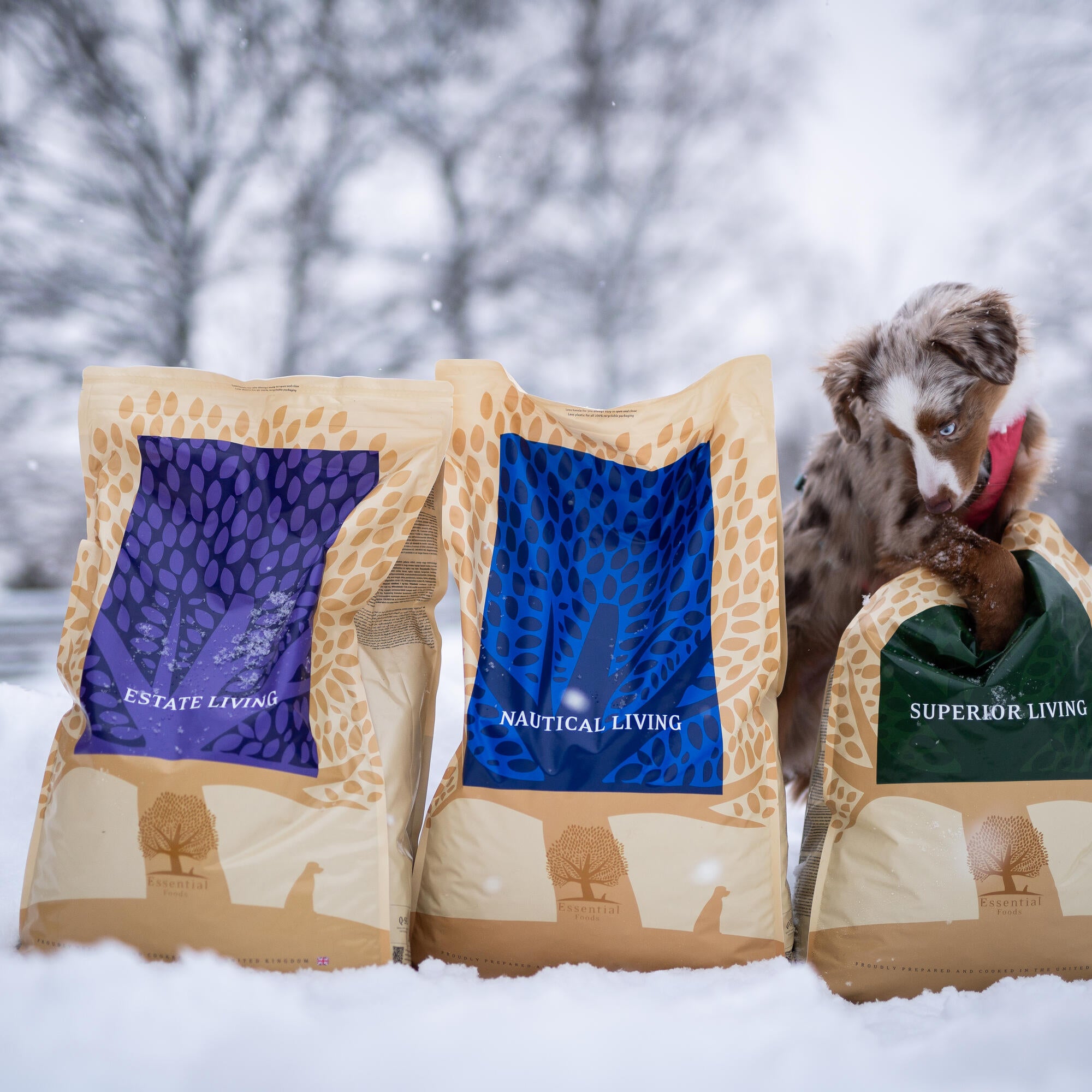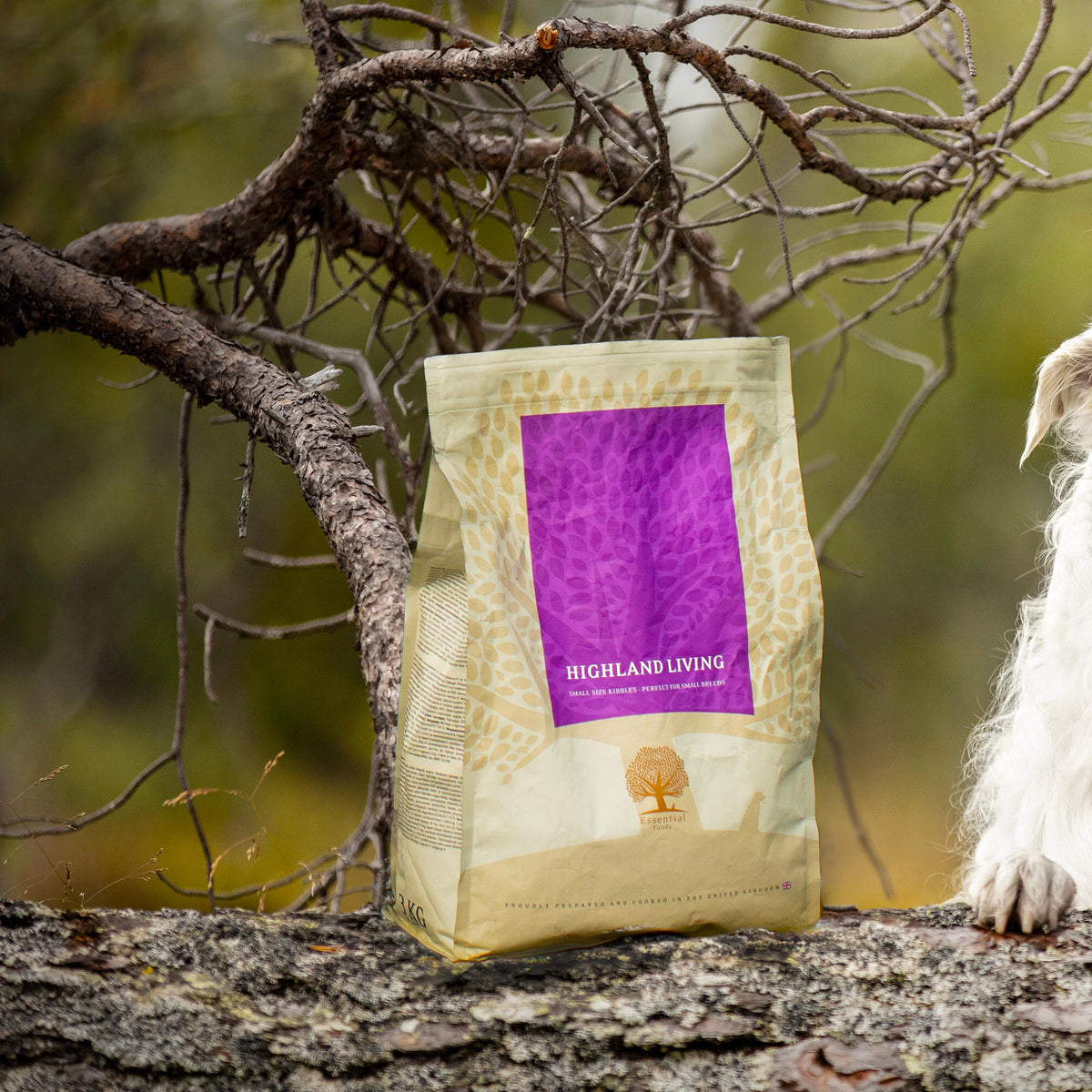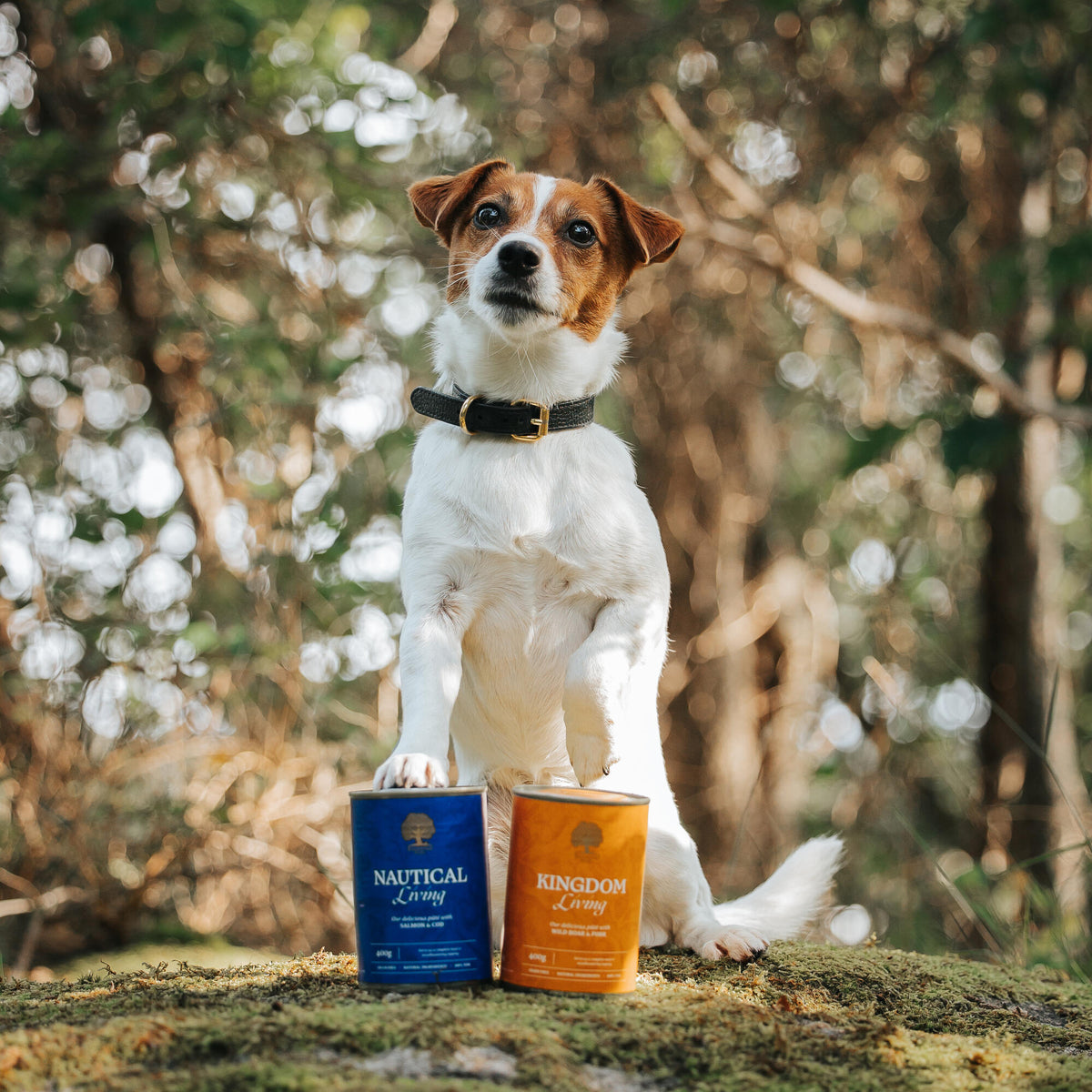Your Cart is Empty

Transitioning your puppy from puppy food to adult dog food is a crucial milestone in their development. It can impact their growth, health, and overall well-being. Understanding when and how to make this transition is essential for every dog owner.
Understanding Puppy Food vs. Adult Dog Food
Puppy food is specially formulated to meet the nutritional needs of growing puppies. It contains higher levels of protein, fat, and calories to support rapid growth and development. Additionally, puppy food often includes essential nutrients such as omega-3 fatty acids for brain development and a higher concentration of vitamins and minerals.
On the other hand, adult dog food is designed to maintain the health and vitality of fully grown dogs. It has balanced levels of nutrients to prevent obesity and other health issues associated with overnutrition.
Signs Your Puppy is Ready for Adult Dog Food
Age and Breed Size
Weight and Growth Rate
Behavioral Changes
Transitioning to Adult Dog Food
When it's time to make the switch, do it gradually over 7 to 10 days to avoid digestive issues. Start by mixing a small amount of adult dog food with their puppy food and gradually increase the proportion of adult food each day.
Day 1-3:
Day 4-6:
Day 7-9:
Day 10:
Choosing the Best Dog Food
Selecting the right adult dog food is as important as the timing of the transition. Look for high-quality dog food with the following features:
Conclusion
Transitioning your puppy to adult dog food is a significant step in ensuring their long-term health and well-being. By monitoring their growth and behavior, and choosing the best dog food with essential nutrients, you can make this transition smoothly and effectively.


